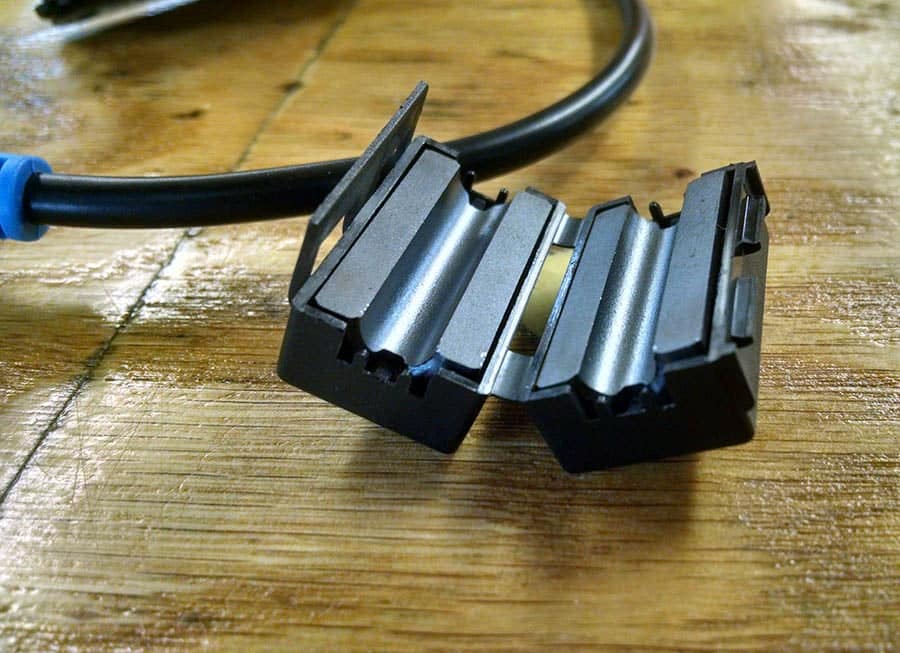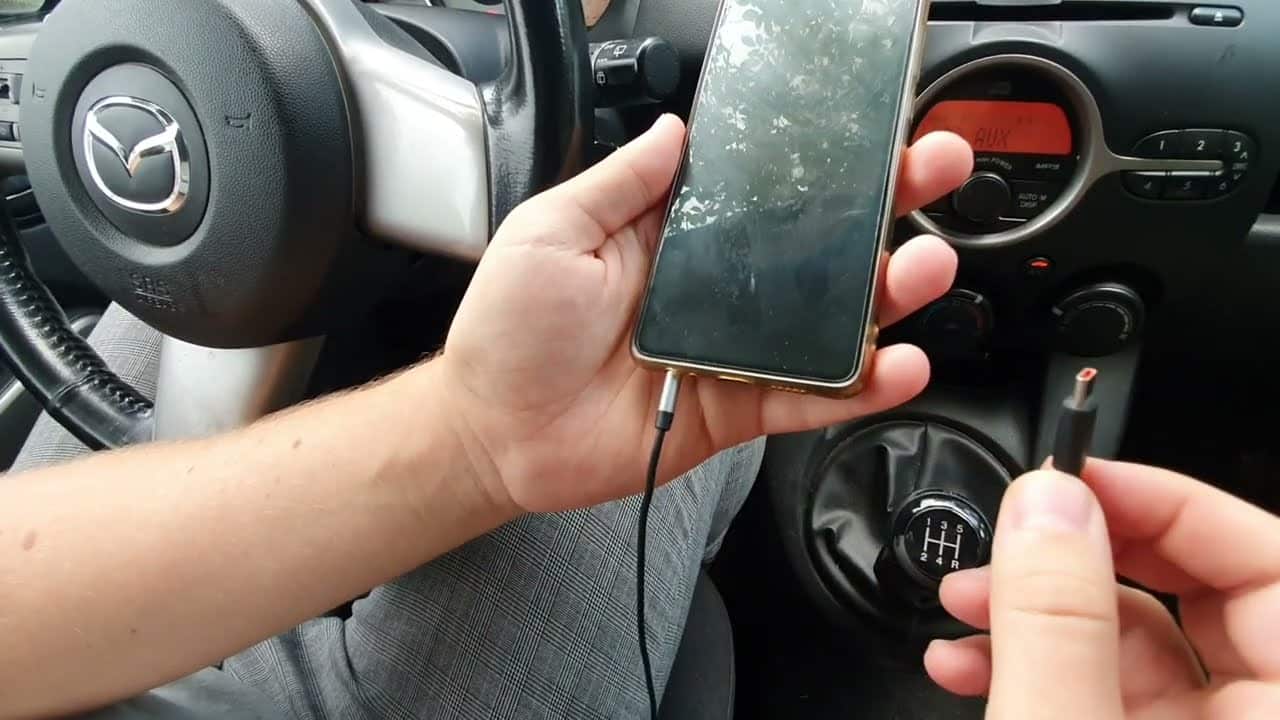There’s nothing better than listening to your favorite tunes on the radio while driving.
Nowadays, most car models come with modern infotainment units allowing you to play music directly from your phone. However, you may have experienced car radio interference when charging your phone.
There are plenty of reasons why this may occur. In this guide, we share the leading causes of car radio interference. Also, we will give you some handy tips to help you resolve this issue.
A Faulty USB Charger
Most OEM USB ports in your car are tested to ensure they don’t interfere with any electric connections. However, a poor USB charger can interfere with your radio. Buying USB cables and charging adapters is usually a game of trial and error.
Companies that make smartphones also make accessories such as USB cables and car chargers.
Even though some of these cost more than off-brand products, they are worth the extra money. In addition, these accessories follow industry standards and have proper RF isolation.
Placing your phone close to the radio or speakers also causes interference. Mobile phones constantly send signals to nearby network masts, searching for a strong signal.
Sometimes your radio may pick up phone signals and output static noise. Putting your phone in airplane mode can rid you of this problem.
Most modern radios are less sensitive. Therefore, they may not pick signals from your phone. However, if you have an old-school car with the original radio, it’s good to place your phone a few feet away.
External Car Issues Causing Radio Interference
Issues from three parts of your car may cause radio interference. These parts include the ignition unit, electric connections, or the charging system.
With this in mind, there are several methods you can use to find the source of the problem.
First, try determining if your radio or other accessories, such as the CD player, have an issue. While at it, check how close your phone is to the radio.
Most times, if your phone is ringing or receiving a text, it may interfere with the radio. This often happens if you have an old car radio.
If the radio accessories and your phone are all good, then the likely source of the issue is external. It is crucial to listen if the interference or noise changes as your drive.
If the noise increases as you accelerate, this issue has to do with the alternator, which could signal a loose ground connection.
There’s Something Wrong With the Antenna
If the interference only occurs when you listen to FM radio stations, you likely have an issue with your antenna.
It’s common to have poor signal coverage in some areas, causing interference. The solution is quite simple, retune the radio or switch to a different station with better reception.
You can do a couple of things to improve the performance of your antenna if you think it has a problem. First, check for any loose connections. You may need to read your car’s manual to locate the antenna’s connection.
Check for any loose connections or corrosion, and ensure everything is ok before closing things up. If you’re doing this yourself, ensure you have the right tools. This will help make your work easier and minimize the risk of injuries and damage to your car.
Amplifier Acting Up

An issue with your amplifier can cause interference with your radio. Even though this is not related to your phone, it is good to be sure. Disconnect the cables joining the radio to the amplifier and check if the noise disappears.
Now, reconnect the cables, and turn your radio on. There may be an issue with the cable connections if you hear interference. Usually, placing wires next to other electric cables can cause static noises.
The simple solution, in this case, is to pull the cables away from other nearby power cables. If that doesn’t work, you can replace the amplifier connector cables with heavy-duty patch cables with thicker cladding.
You also need to ensure that your amplifier does not directly contact any metal parts. You can place a rubber or wood piece between the amplifier and the metal surface if it does.
Related Questions
1. Why is there interference in my car radio when I charge my phone using the cigarette lighter port?
The charger in your cigarette lighter port could be why you hear static on your car’s radio. The charging adapter may be a knock-off and not have quality radio frequency isolation.
Shop around for an original charging adapter, and check if the problem persists. Make sure you read reviews from other users to ensure you’re buying a quality product.
2. Why does my radio produce static sounds when I receive a call?
Phones transmit signals to network masts looking for the best coverage. Placing your phone close to the radio will cause interference with the radio waves. A simple solution is to place your phone away from the radio.
If the problem persists, try putting your phone in airplane mode. Some radios, especially older models, usually pick up phone signals. This is the reason you hear static. Newer car radios are less sensitive and, as such, don’t pick any out-of-range signals.
3. Why do I experience radio interference even when I am not charging my phone?
This may happen if you have issues with your antenna. If the antenna connections are loose or rusty, you will get poor signal reception when listening to FM radio.
If you’re a DIY enthusiast, you can use your car’s manual to trace the antenna’s ground connection. However, your best bet is an auto repair shop where a mechanic will fix the issue.
Conclusion
Several issues can cause car radio interference when charging a phone. The tips listed above can help you discover the cause of the interference. However, make sure you use good-quality charging adapters before trying out any other solution.
This can also be a perfect weekend project if you love getting your hands dirty. However, make sure you have the right tools, and you are good to go. Also, consult your car’s manual to help you locate the necessary parts. We recommend taking your vehicle to an auto repair shop if the issue persists.
